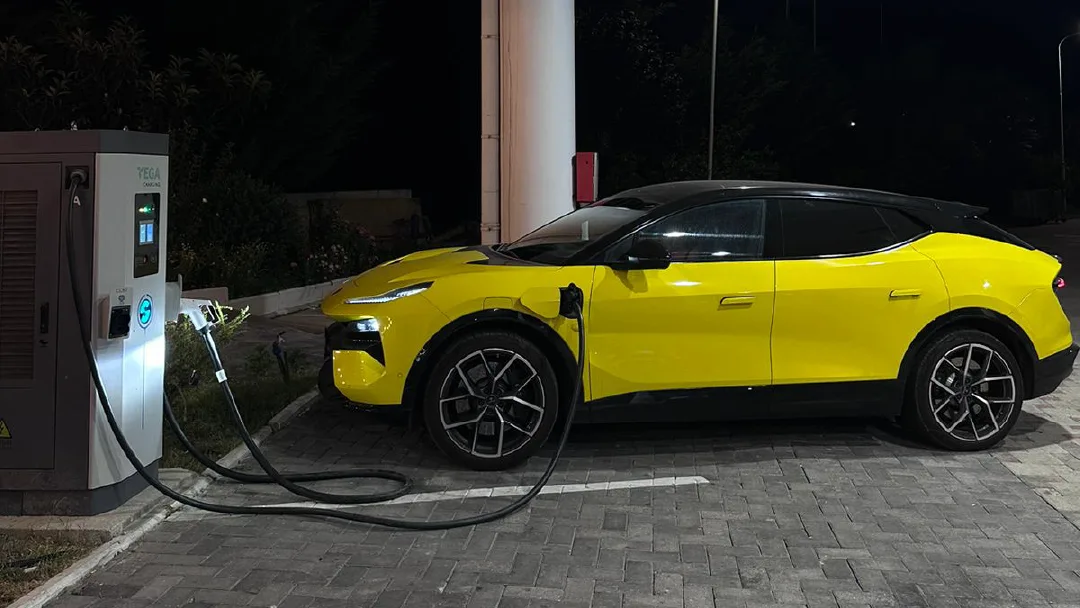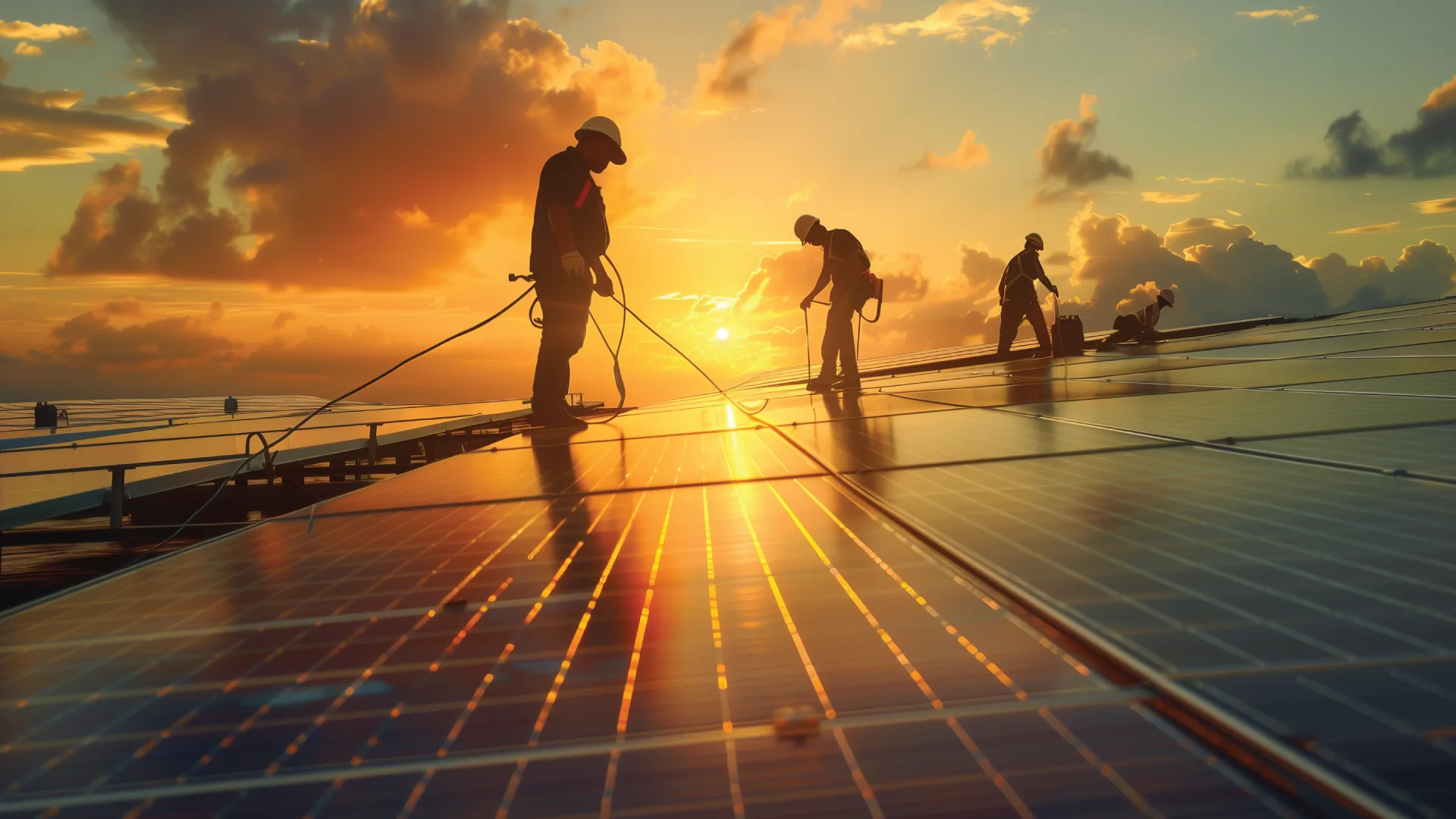
Top 5 EV charging myths debunked: What every electric car owner should know
As electric vehicles (EVs) become more popular, so do the misconceptions surrounding them—especially when it comes to EV charging. These myths can cause confusion for new and prospective electric car owners, making it difficult to understand what’s true and what’s not. At VEGA Charging, we aim to clear up the most common myths and help you make informed decisions about your EV charging needs.
Myth 1: EVs take too long to charge
Fact: While it’s true that some charging methods are slower than others, the idea that EVs take an unreasonable amount of time to charge is outdated. With advancements in fast-charging technology, many modern EVs can reach 80% charge in as little as 30 minutes when connected to a fast charger.
- Fast chargers for electric cars: Fast-charging stations, like those offered by VEGA Charging, provide high-powered DC charging, allowing you to quickly recharge your EV during longer trips.
- Charging at home: If you’re using a standard Level 2 home charger, you can fully charge your EV overnight, making it convenient for daily use.
Myth 2: There aren’t enough EV charging stations
Fact: The EV charging infrastructure is growing rapidly, with more charging stations being installed across cities and highways worldwide—including Albania. The rise of charging networks has made long-distance travel in EVs more feasible than ever.
- EV charging in Albania: VEGA Charging is leading the charge (pun intended!) by expanding the availability of EV charging stations throughout the country. With a growing network of charging points, EV drivers can confidently travel without worrying about range anxiety.
- Finding stations: Apps and in-car navigation systems make it easy to locate the nearest charging station, ensuring you’re never too far from a place to recharge.
Myth 3: Charging an EV is expensive
Fact: Charging an electric vehicle is often cheaper than filling a gasoline-powered car. The cost of charging varies depending on the type of charger you use and the local electricity rates, but in most cases, EV charging is far more economical than traditional fueling methods.
- Home vs. public charging: Charging your EV at home overnight can be very cost-effective, especially if you use off-peak electricity rates. Public charging stations, particularly fast chargers, can be more expensive, but the convenience they offer is worth it for those who need a quick boost.
- Cost comparison: On average, an EV driver will save significantly on fuel costs over time, making EV ownership not only environmentally friendly but also budget-friendly.
Myth 4: EV batteries degrade too quickly
Fact: While all batteries experience some degradation over time, modern EVs are designed with advanced battery management systems to minimize this effect. Most EVs come with warranties that cover battery health for up to 8-10 years, providing peace of mind to owners.
- Battery longevity: With proper care, such as avoiding excessive heat and regularly using your EV, the battery can maintain a high capacity for many years. VEGA Charging stations are equipped with technology to optimize charging speed without putting unnecessary stress on the battery.
- Degradation in context: The degradation rate for most EV batteries is very slow, and even after years of use, the impact on range is minimal.
Myth 5: All EV chargers are the same
Fact: Not all EV chargers are created equal. There are different levels of chargers, each with its own charging speed and purpose.
- Level 1, 2, and fast chargers: Level 1 chargers (standard home outlets) are the slowest, while Level 2 chargers (installed at home or in public places) provide a faster charge. Fast chargers (Level 3) offer the quickest solution, delivering a significant charge in minutes rather than hours.
- Choosing the right charger: The type of charger you choose depends on your needs. If you’re charging overnight at home, a Level 2 charger may suffice. For road trips or quick top-ups, fast chargers are ideal.





Leave a comment
You must be logged in to post a comment.